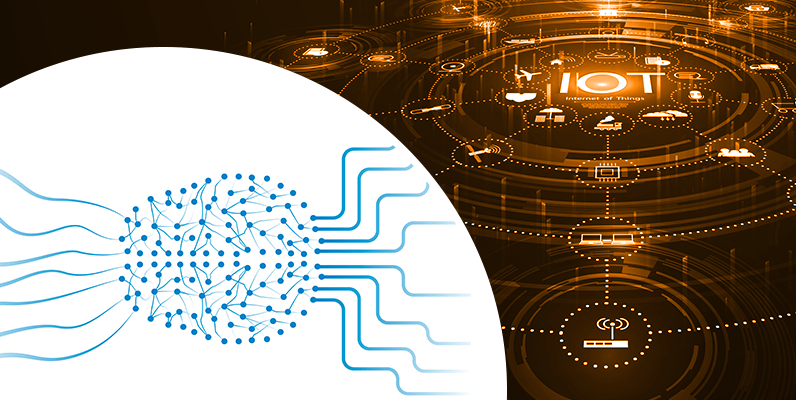Self-Learning Networks for Dynamic Mobile Traffic

4 January 2020
Developing novel, efficient machine learning algorithms (specifically online sequential decision strategies) for automated network orchestrators that enable future agile networks
Funder Cisco Research Center
Amount 99,000 GBP
Research topics agile and automated networks | decision making strategies | machine-learning for network management
Description
The ubiquitous nature of IoT connectivity has enabled new and highly heterogenous IoT use cases across many different sectors (self-driving cars, smart lighting, etc.). The heterogeneity of these envisioned IoT services (different requirements such as latency, security, etc.) cannot be sustained by the current network paradigm of "one-size-fits-all" (one network serving many users).
This project aims to develop novel AI strategies enabling agile and flexible (self-learning) networks, able to dynamically adapt to the IoT traffic. The main theoretically challenge is that state-of-the-art machine learning frameworks do not efficiently learn in high dimensional and complex networks, as the ones underpinning IoT services. The main theoretical novelty will be to deal with the network complexity, by a multi-disciplinary approach which merges both signal processing and machine learning aspect in unique adaptive algorithms.
The project outcomes will be novel fundamental algorithms for high-dimensional networks and a proof-of-concept testbed to show their potential in future self-learning networks. This will lead to a robust communication network underpinning any IoT service, indirectly impacting any final user, benefiting from smart parking, self-driving cars, personalized retailer and many other applications. In the long-term, the digital revolution will certainly happen in almost every sector, and dynamically managing large-scale systems will be a compelling need.
Outputs
K Yang, L Toni, X Dong,"Laplacian-regularized graph bandits: Algorithms and theoretical analysis", International Conference on Artificial Intelligence and Statistics, 2020
 Close
Close

